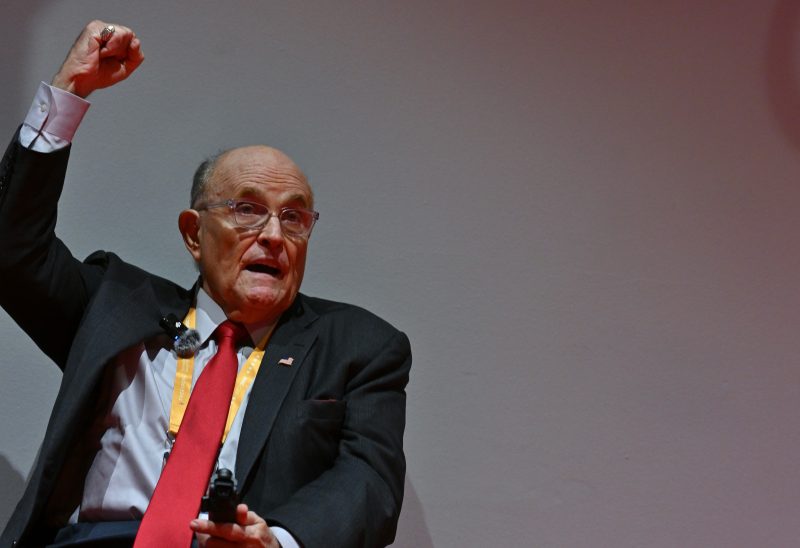The recent legal decision in the case involving former New York City mayor and attorney to former President Donald Trump, Rudy Giuliani, has sent shockwaves through political circles. A judge has ruled in favor of Georgia poll workers, granting them control of Giuliani’s assets due to defamation claims. This ruling marks a significant step in holding public figures accountable for their statements and actions.
Giuliani’s involvement in the aftermath of the 2020 U.S. Presidential election has been marred by controversy. He played a prominent role in spreading baseless claims of election fraud and malpractice, particularly in Georgia. His assertions of widespread voter fraud without substantial evidence have been widely criticized and undermined public trust in the electoral process.
The Georgia poll workers who filed the defamation lawsuit against Giuliani have accused him of making false and damaging statements about their integrity and professionalism. The judge’s decision to grant them control of Giuliani’s assets is a clear signal that defamation and slander will not be taken lightly, especially when it affects the reputation and livelihood of individuals.
This ruling highlights the legal repercussions that public figures may face for spreading misinformation and defaming others. It sets a precedent for holding individuals accountable for their words and actions, especially in the realm of politics and public discourse.
Giuliani’s legal battles are far from over, as he faces multiple lawsuits and investigations related to his role in promoting unfounded claims of election fraud. This case serves as a reminder that freedom of speech does not absolve individuals from the consequences of spreading falsehoods and damaging others’ reputations.
Moving forward, the outcome of Giuliani’s legal troubles may have broader implications for the responsibilities and liabilities of public figures. It underscores the importance of ethical conduct and factual accuracy in public statements, especially in a highly polarized political environment.
In conclusion, the judge’s decision to give control of Giuliani’s assets to the Georgia poll workers represents a significant development in the fight against defamation and the spread of misinformation. It serves as a warning to public figures that they will be held accountable for their actions and statements, particularly when they have the potential to harm others. This case underscores the importance of upholding truth and integrity in public discourse and the legal consequences faced by those who seek to undermine them.
